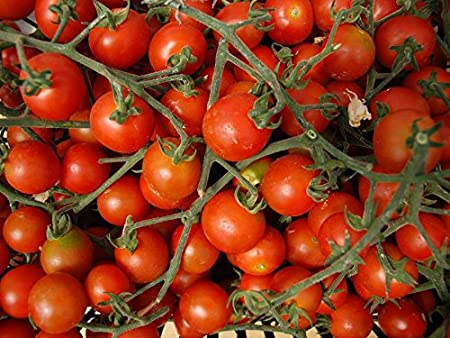Certain production of tomato in Mexico is using artificial intelligence, said Armando Blanco, a specialist in «Internet of Things» at Microsoft Costa Rica.
In a recent meeting at the Inter-American Institute for Cooperation on Agriculture (IICA), the specialist reflected on the practical application of advanced technological concepts and solutions to improve the management of production processes.
This facilitates the application of good production practices, the reduction of the use of chemical inputs and compliance with commercial standards, among other benefits.
In the end, all of this translates into increased productivity, reduced production costs and a higher return on investment.
In general, the introduction of the “internet of things” and artificial intelligence is key to achieving development and sustainability goals.
Tomato production
Blanco pointed out some work efforts between the public and private sectors, including the application of technologies (artificial intelligence tolos, for example) in the production of cherry tomatoes in Mexico, to identify and control the factors that affect all processes and links of its production, commercialization and consumption, in order to optimize them and raise productivity and the level of environmental sustainability of this activity.
Tomato production is one of the most important in Mexico. This vegetable was ranked as the fourth most exported product by Mexico in the agri-food sector, with external sales of 2,169 million dollars.
Blanco mentioned similar examples in other crops and countries such as Chile and Argentina, in which the use of drones and other “internet of things” and artificial intelligence tools increases the efficiency of processes.
In this framework, Microsoft offers access to the «public cloud» («Azure Cloud»), so that interested people (in particular, producers) can access the tools and applications of the «Internet of Things» and intelligence artificial.

